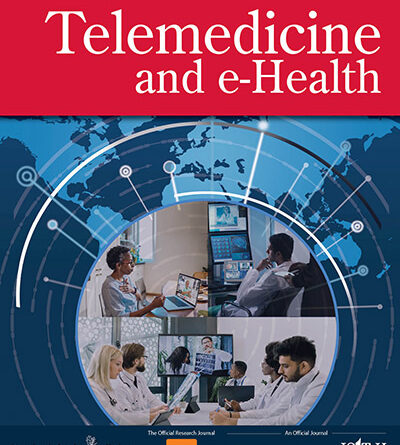Use of Telehealth Among Cancer Survivors: A Scoping Review
Background: Long-term cancer survivors have specific needs that are frequently neglected. Telehealth, as a new form of health care, can benefit this growing population.
Objective: To identify, analyze, and synthesize the existing evidence on the use of telehealth in the care of cancer survivors after the end of treatment.
Methods: A scoping review was conducted in the databases PubMed, CINAHL, COCHRANE, SCIELO, DIALNET, and LILACS and reference institutions in cancer.
Results: The initial search yielded 406 publications with 59 articles meeting the eligibility criteria. There are different types of telehealth (video calls, phone calls, websites, mobile applications, and short message services) used for the care of cancer survivors. Most telehealth interventions focus on improving the physical and mental spheres of quality of life in the extended survival phase (from 1 to 3 years postdiagnosis), with only two articles (3%) on long-term cancer survivors (>5 years postdiagnosis). Survivors are satisfied with telehealth interventions, noting the importance of improving comprehensibility, personalization of the platforms, and the lack of excessive information included.
Conclusions: Telehealth is a feasible modality for cancer survival care. The scarcity of interventions aimed at long-term survivors stands out, as does the general neglect of the social and spiritual spheres of quality of life.
Implications for Practice: Telehealth platforms must adapt their content, format, and items to the preferences reported by the survivors.


